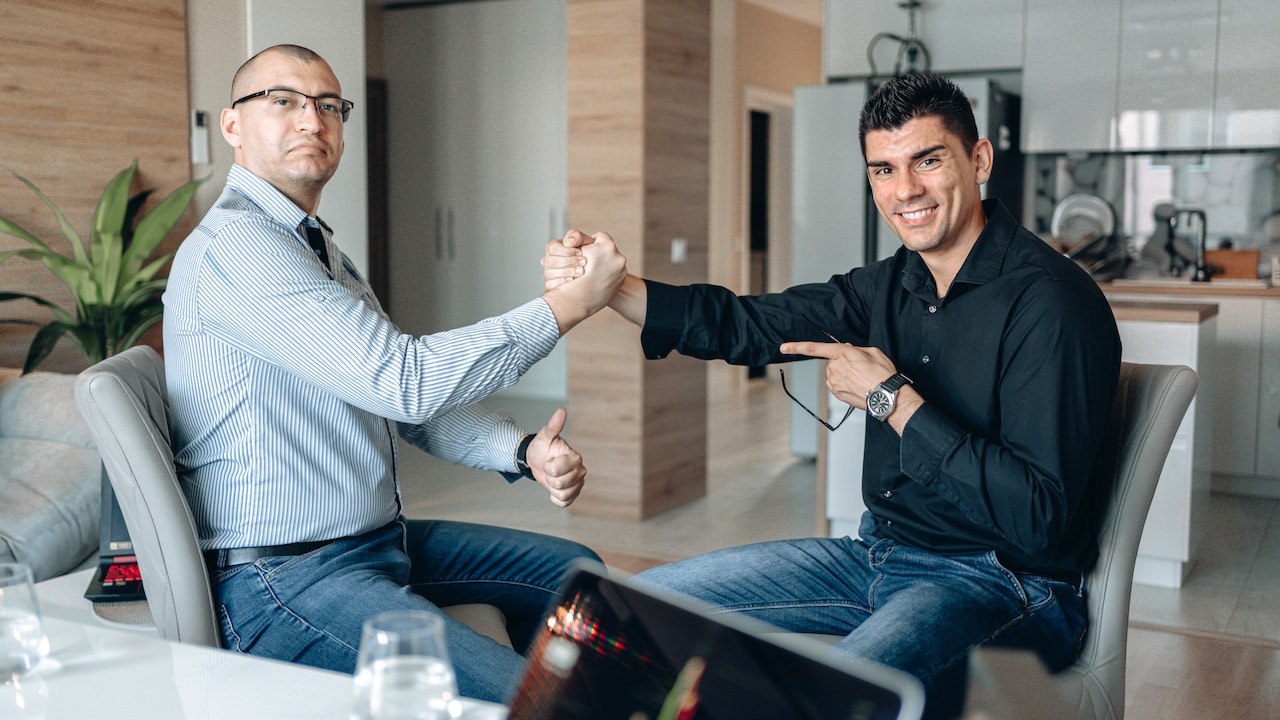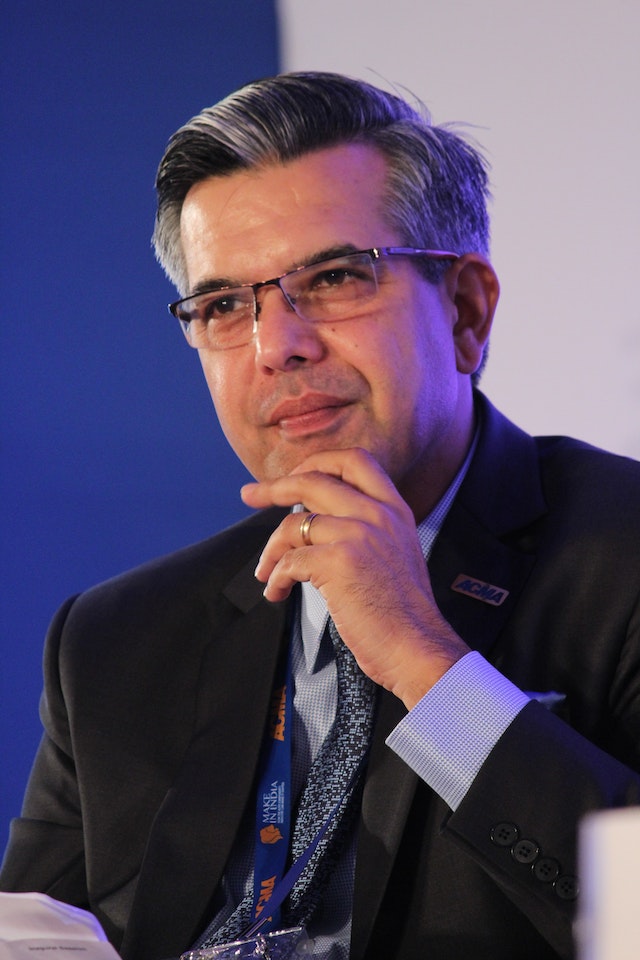Building a Sustainable Future with Blockchain: Lessons from Jeff Kirdeikis
Blockchain technology has the potential to revolutionize the way we do business, manage our finances, and even protect the environment. As an advocate for environmental conservation, Jeff Kirdeikis, the CEO of TrustSwap, has been at the forefront of using blockchain technology to build a sustainable future. In this blog post, we will explore some of the lessons we can learn from Jeff Kirdeikis on how to use blockchain to build a sustainable future.
- Traceability and Transparency
One of the most significant benefits of blockchain technology is its ability to provide traceability and transparency. By recording transactions on a public ledger that cannot be altered, blockchain technology can provide a transparent view of every transaction that has taken place. This is particularly important when it comes to environmental conservation, as it allows us to track and trace the source of products and ensure that they have been produced sustainably.
For example, TrustSwap has developed a blockchain-based platform that allows customers to trace the entire supply chain of a product, from its origin to its final destination. This enables customers to verify that the product has been produced sustainably and ethically, which is becoming increasingly important to consumers.
- Decentralization
Another key benefit of blockchain technology is its decentralization. By removing the need for intermediaries, blockchain technology can enable more efficient and cost-effective transactions. This is particularly important in the context of environmental conservation, as it can help to reduce the cost of implementing sustainable practices.
For example, TrustSwap has developed a decentralized finance (DeFi) platform that enables businesses to access financing without the need for traditional financial institutions. This can help to reduce the cost of financing for businesses that are implementing sustainable practices, making it more accessible to a wider range of businesses.
- Smart Contracts
Smart contracts are self-executing contracts with the terms of the agreement between buyer and seller being directly written into lines of code. They allow for automatic execution of transactions once certain conditions are met. This makes them particularly useful in the context of environmental conservation, as they can be used to ensure that sustainability targets are met.
For example, TrustSwap has developed a platform that enables businesses to create smart contracts that are linked to sustainability targets. If a business fails to meet these targets, the smart contract can automatically enforce penalties or sanctions, which helps to ensure that sustainability targets are taken seriously.
- Collaboration
Finally, one of the most important lessons we can learn from Jeff Kirdeikis is the importance of collaboration. In order to build a sustainable future, we need to work together, across all sectors of society. This includes businesses, governments, and individuals.
For example, TrustSwap has partnered with a range of businesses, NGOs, and other organizations to develop blockchain-based solutions for environmental conservation. By working together, we can develop more effective solutions and ensure that sustainable practices are adopted on a larger scale.
Conclusion
Jeff Kirdeikis has been a leader in using blockchain technology to build a sustainable future. By leveraging the benefits of blockchain technology, such as traceability and transparency, decentralization, smart contracts, and collaboration, we can develop more effective solutions for environmental conservation. As we move towards a more sustainable future, blockchain technology will undoubtedly play an important role.






